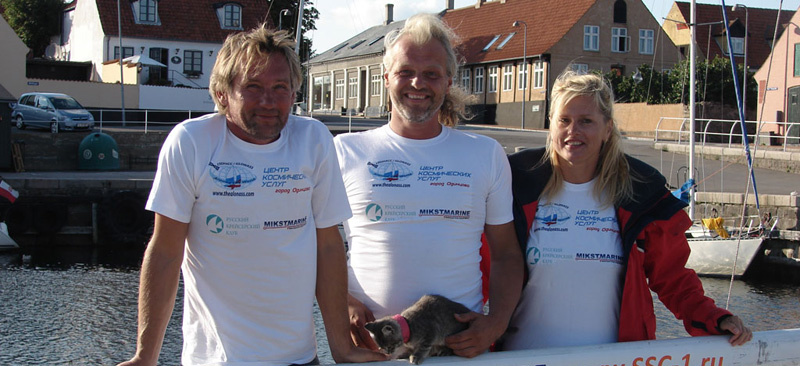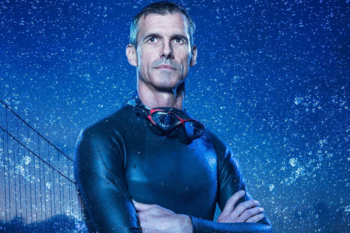Russian yacht Delta sailing the world under the command of captain Andrey Nevzorov tonight finished the Atlantic voyage having moored in Bridgetown Harbour on Barbados. 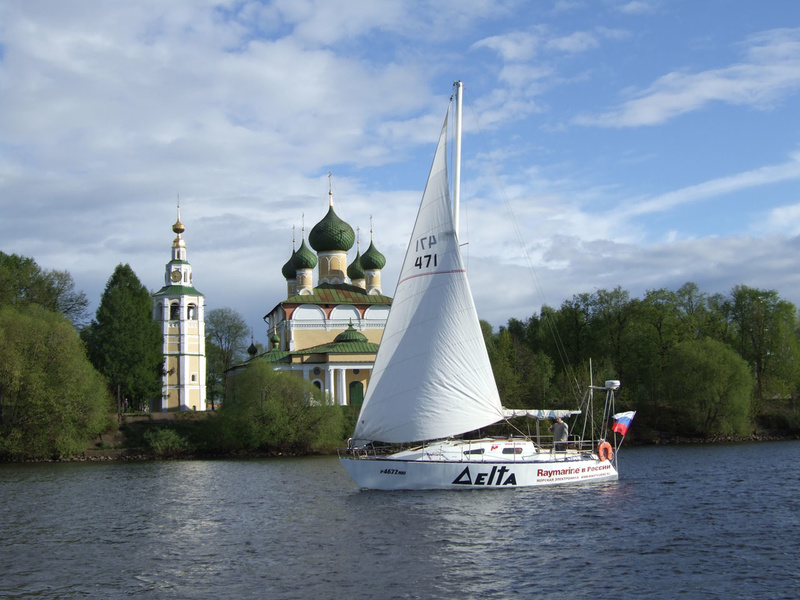
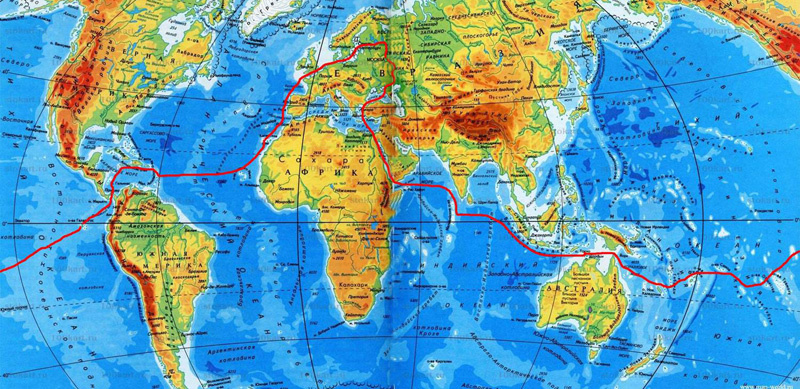
«Obviously, the question that tormented Andrei (and widely discussed in JZH) - how to sail after Cape Verde: go straight to the Antilles, or keep the course on the coast of South America, and then go up» to the Caribbean, was successfully resolved in favor of the first option.
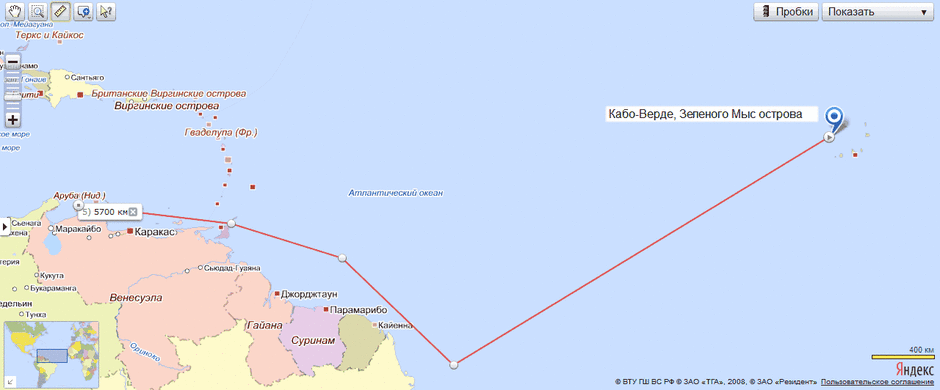
Fortunately the sailors
Delta was launched from Moscow last summer to coincide with
One of the sailor's tasks is... to check the performance of the domestic navigation system GLONASS - accuracy, coverage area and time
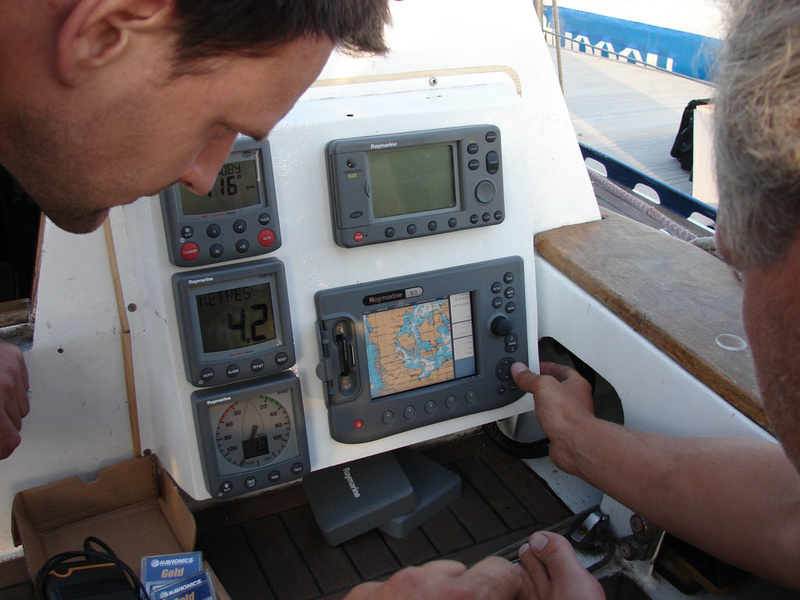
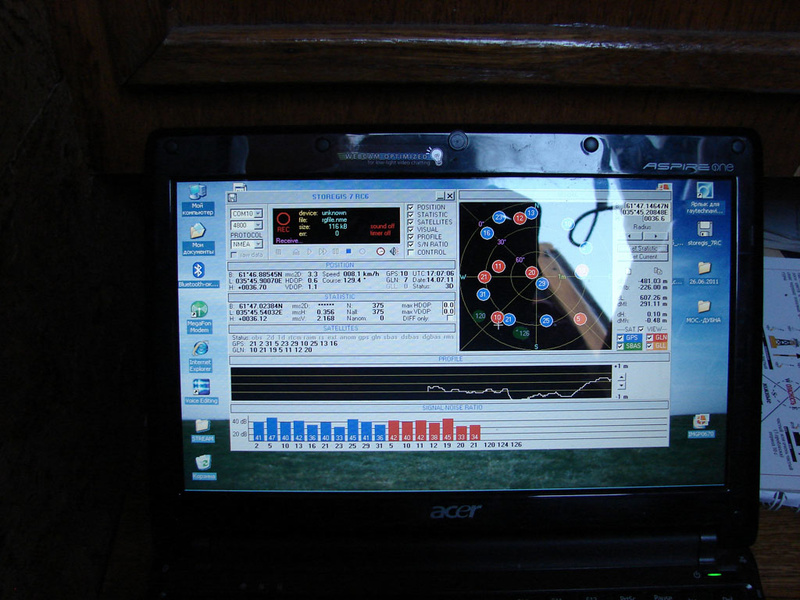
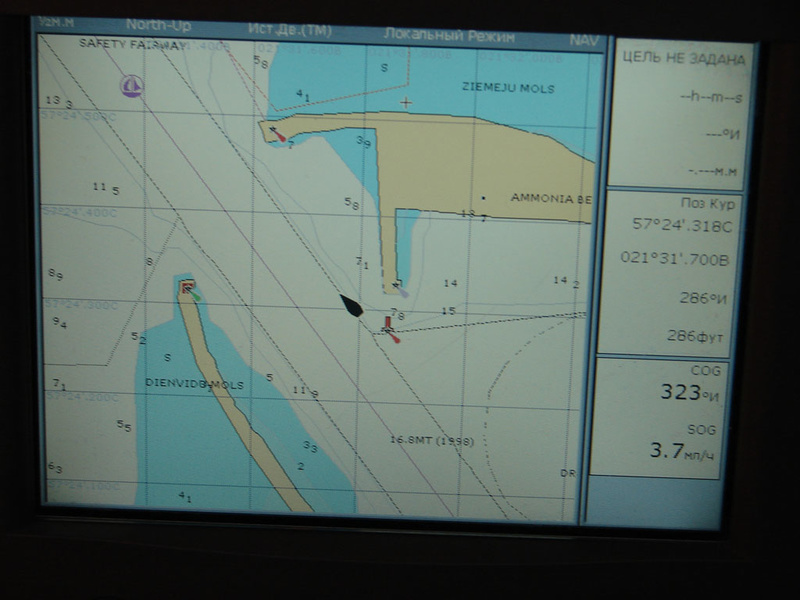
So far GLONASS seems to be working fine and according to Andrey he says in some areas of the Atlantic the GLONASS signal coverage is definitely better than that of the competing NAVSTAR/GPS system. This is good news, though from formal point of view, why should GLONASS not work?
If we put the required number of satellites (not less than 24) into designed orbits and we keep dictating
Delta crew consists of three people: Andrei Nevzorov himself, his wife Elena and first mate Sergey Samarets. The voyage was organized with support of the Union of Journalists of Russia and Russian Cruising Club.
